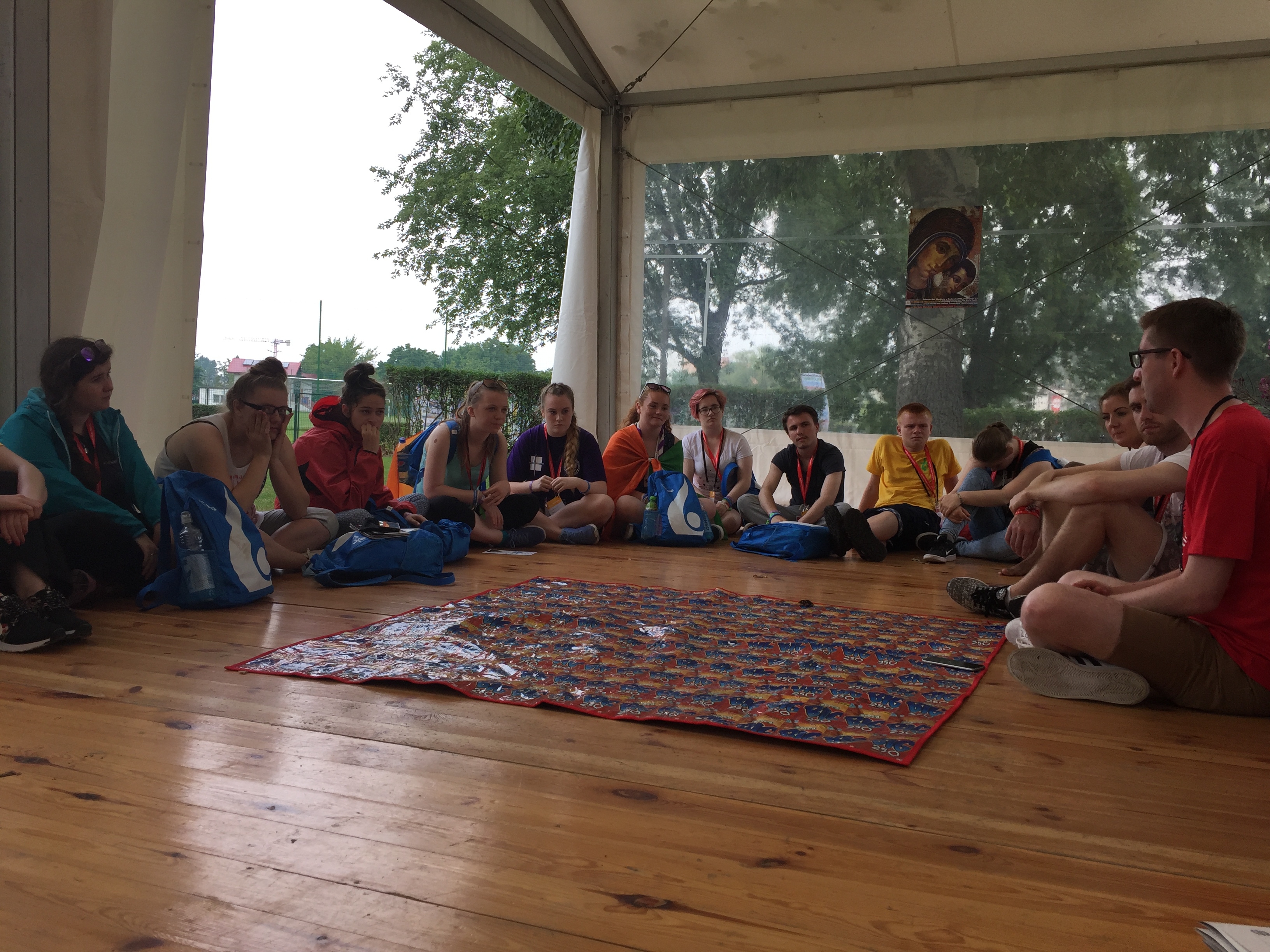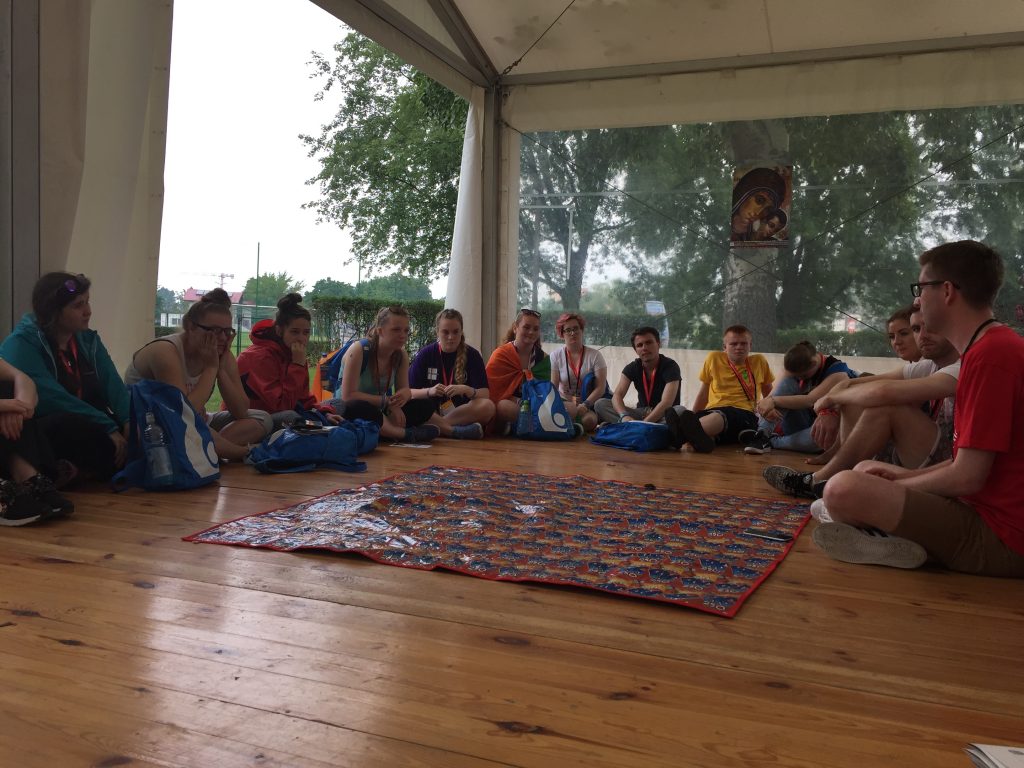
Our planet and its peoples face monumental challenges today. Climate change, food insecurity, migration, war are all overwhelming problems. In the face of such seemingly insurmountable challenges, how can we engage with one another in order to create a real movement for change?
By Daniel Hale, Head of Campaigns at CAFOD
What’s your favourite story? Maybe you’re a Harry Potter fan, or something more Biblical? Hans Christian Anderson or Disney? Or perhaps there’s a story handed down through your family?
Stories from our childhoods help us understand who we are and where we have come from – they shape our views of what’s possible. They help us form our values and morality. But stories don’t just help us make sense of our world; they also help us make human connections.
Our planet and its peoples face monumental challenges today. Climate change, food insecurity, migration, war are all overwhelming problems. Yet despite these, we are faced with a “globalisation of indifference” as Pope Francis describes it. We know the statistics, but we remain unmoved. In the face of such seemingly insurmountable challenges, how can we engage with one another in order to create a real movement for change?
Jesus was a master story-teller. He used them to subvert what people thought they knew and shake them from their conceit. So perhaps we need to take a lesson from the master story-teller, and try a different approach to overcoming the problems we face in our world today, while engaging people, young and old, to care for our common home. We need to tell stories.
While the problems we face might seem abstract, each of us has a story to tell if we think about it. Why should we care for the earth our common home? Think of your favourite place – why do you love it so much? How would you feel if it was damaged?
Or why should we cut back on our use of dirty fossil fuels? Perhaps you’ve breathed the polluted air of a major city or met or read about a person affected by climate change? What struck you?
Last week I was at World Youth Day in Krakow, Poland. It was an incredible experience of our global family. Alongside CIDSE and the Global Catholic Climate Movement, we led sessions with young pilgrims about sustainable lifestyles, the relevance of the messages at the core of Laudato Si’ and how, through the pilgrims’ own stories and testimonies related to how they experience climate change, they can involve others to take action.
It was a revelation. The young people connected with the issues, and brought them alive for one another. And the diversity was amazing. From the transformation of a beloved lake due to oil extraction, to un-breathable air in their cities, to the effects on drinkable water, each participant put their own spin on the issues facing our earth and its people.
Their stories were funny, poignant and personal. And each of them was deeply human. Across cultures we connected through our stories, comparing and contrasting, and being drawn in to a closer relationship with one another, while increasing our awareness on the effects of our own choices in our own lives and in those of others, especially the most vulnerable around the world.
So the next time you’re tempted to use a statistic, try using a story instead. I wonder if, through the stories we tell one another, we can help create a just future for all?

